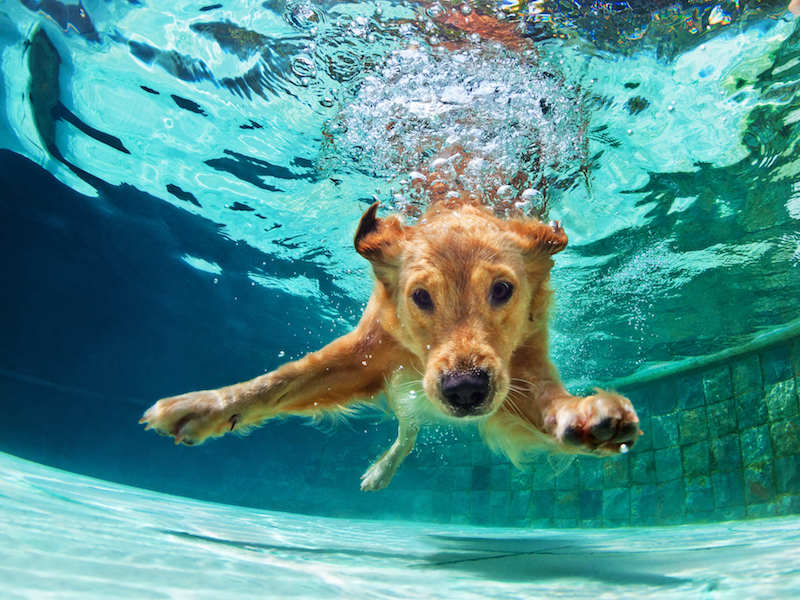
There are many factors which can affect the circuitry of your hearing aids. Hearing aids seem to self-destruct under extreme moisture conditions. Taking that into consideration, humidity is a huge problem.
Permanent damage is done by invisible moisture. It’s time to learn more about why humidity is a negative thing for hearing aids.
Let’s Talk About Humidity
Despite the fact that the word humidity is very common, what does it actually mean? PBS describes humidity as water molecules in the air. The relative humidity refers to the ratio of water molecules in the air compared to how many the air can actually hold. When you can feel wetness in the air, that means the relative humidity is high.
Humans cool their body by sweating so that makes us very sensitive to humidity. When you sweat it evaporates into the air, but that doesn’t happen as fast when the humidity level is very high. Electronics are also susceptible to humidity and that is why it has such a detrimental effect on hearing aids.
Understand Humidities Effect on Hearing Aids
Oddly enough, electronic devices are not only sensitive to high humidity but low levels as well. When it’s too damp, the intricate electronics will collect condensation. When it’s overly dry things become more brittle.
Internal electronics are the reason your hearing aids work. Newer digital hearing aids use an advanced audio processing chip to manage noise. Because of this, you get awesome features like:
- Noise reduction
- Anti-feedback
- Targeted listening programs
- Digital sound streaming
High humidity causes moisture to collect inside the hearing aids destroying that chip. It can corrode elements inside the casing and ruin batteries also. You might as well throw your hearing aid in a pool full of water, and the effect is the same.
Managing Humidity
Water resistant models are currently available. This feature will give you some protection against humidity and bad weather, but you still can’t go swimming with them in.
When it’s very humid try to reduce indoor water vapor by using a dehumidifier. It’s not only your hearing aid that will benefit, there are health benefits and other electronic devices in the home will also be protected. Dust mites, mildew, and mold thrive in moist environments so a dehumidifier will improve the quality of breathing as well. Although a house or room dehumidifier will help protect your hearing aids, it’s not enough. You will need to take other steps at the same time.
Consider buying a dehumidifier designed especially for hearing aids. There is one out there for every budget. Silica gel crystals in a drying kit are used to protect electronics. Moisture is eliminated by putting the hearing aids into the dehumidifier for a couple of hours. Drying your hearing aids as you sleep at night can be done using specially designed storage containers. If it is very humid and you have no other way, uncooked rice can reduce moisture.
Get in the habit of opening the battery compartment every time you store your hearing aids. When you expose the battery and inner elements to air by leaving the door open, condensation can evaporate by itself. Do this all year round, not just in the summer months.
A cool dry place is the ideal for storage. Avoid putting them in the glove compartment, in a hot room or on a table in the sun.
Thinking Beyond Humidity
Air vapor is not the only moisture that can damage hearing aids. Don’t forget to think about other types of wetness like:
- Make sure all lotion or sunscreen is fully absorbed before touching your hearing aids or putting them in your ears.
- Find a safe place to store your hearing aids if headed for the pool or beach.
- Wear a sweatband when exercising. It’s a good practice whether you wear your hearing aids when you workout or not. Sweat in your ears can cause problems later.
- Check surfaces before you put your hearing aid down. A glass or coffee cup can leave moisture behind.
Treat your hearing like the valuable asset that it is. Keep in mind how moisture can damage your hearing aids and make sure to prevent water from getting in them. If your hearing aid already has water damage make an appointment for service with a hearing aid specialist.
